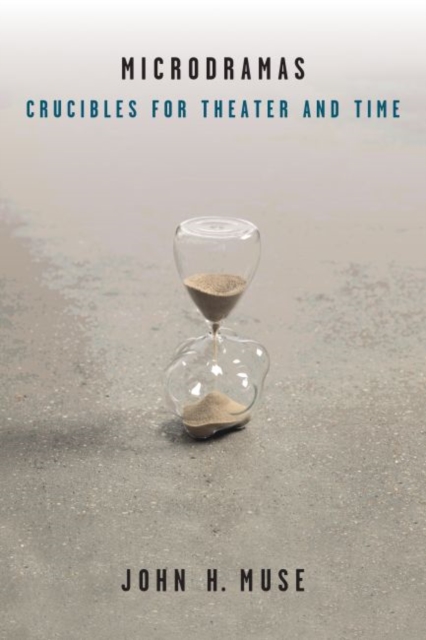Microdramas
Autor: Muse, John H.
Disponibilitate: LIVRARE IN 3-5 saptamani (produsul este livrat din Marea Britanie)
SKU:
9780472073634
470.99 RON
Okian.ro este o LIBRARIE online de carte in limba engleza.
CITESTE MAI MULT
Detalii
Descriere RO
Aceasta este o carte in limba engleza. Descrierea cartii (tradusa din engleza cu Google Translate) este in limba romana din motive legale.
In Microdramas, John H. Muse sustine ca jocurile mai scurte de douazeci de minute merita o atentie sustinuta si ca scurtimea ar trebui considerata un mod distinct de practica teatrala. Concentrandu-se asupra artistilor pentru care scurtimea a devenit atat un principiu structural, cat si un instrument de investigare a teatrului in sine (August Strindberg, Maurice Maeterlinck, F. 
